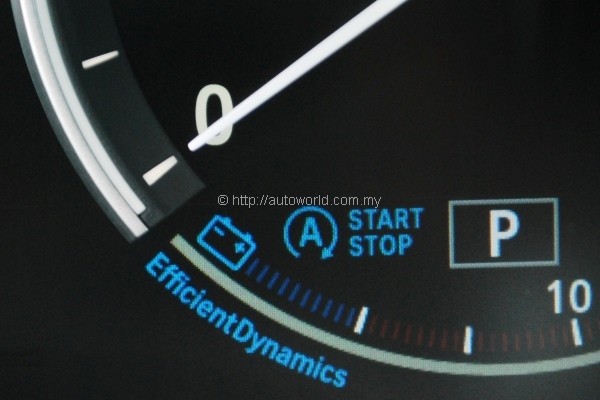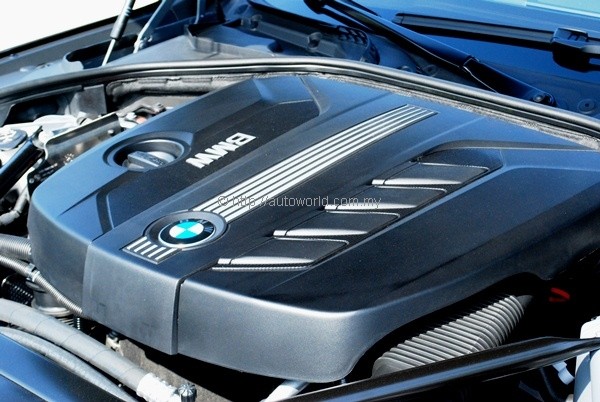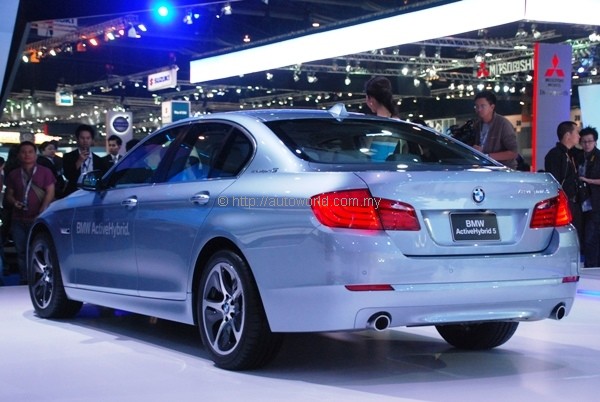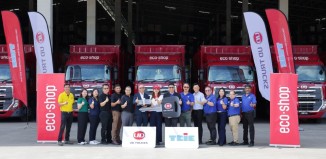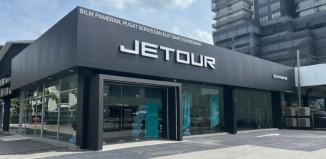BMW re-iterates calls for Green Car-friendly Budget
The adoption of Euro IV fuel specification will go a long way to bringing Malaysia to comply with world standards whilst providing the people with the benefits of improved fuel consumption and thus lowered overall costs of vehicle ownership, and at the same time helping the environment with lower carbon emissions, a BMW Group Malaysia pre-Budget 2013 press release claimed today.
Fuel sold in Malaysia, be it petrol or diesel, are way below international standards, complying only to Euro II specifications, obsolete since 2000 as far as the European Union are concerned. With Euro VI set to come into force by 2014, Malaysia’s continued reluctance to narrow the fuel quality gap can only hurt us in the long run.
To the Government’s credit, however, some measures have been taken to boost sustainable motoring in Malaysia, and efforts include the mandatory adoption of bio-diesel in selected regions in Peninsula Malaysia. There is also the well-publicized tax exemptions for Electric and Hybrid vehicles with engines displacing less than 2,000cc.
Honda and Toyota have especially benefited from the exemption, with both their Hybrid models taking the market by storm with extremely competitive prices. BMW, however, has hardly benefited from this arrangement, as its Advanced Diesel models do not fall into the Government’s green vehicle categorization despite competitive emission ratings. Neither will its forthcoming ActiveHybrid3 and ActiveHybrid5 model enjoy the exemptions because their engines displace three litres.
Commenting on the policy, Dr. Gerhard Pils, Managing Director of BMW Group Malaysia, said, “We at BMW believe that for the full benefits of new and green technologies to be fully appreciated and adopted, the exemptions need to be extended to all vehicles that utilise such technologies regardless of engine size but with efficiency and emission figures as its main criteria. This will encourage early adoption by all consumer segments, as well as the entire automotive industry itself.”
“In light of the emerging strengths of Thailand and Indonesia as prime destinations for automotive development, it is important that the Malaysian government adopts a twofold strategy of encouraging greater investments towards introducing advanced green technology into Malaysia by businesses throughout the automotive supply chain, as well as financial incentives to encourage early adoption amongst consumers,” he continued.
BMW currently offers a diesel variant option for each of its models sold in Malaysia, having been actively pushing its Advanced Diesel technology here since 2009. Naturally, the company is hoping for the inclusion of Advanced Diesel technologies into the Government’s classification of green vehicles.
On the subject of Malaysia’s controversial car taxation scheme, Pils noted that, “The Malaysian government’s current deliberations regarding the reduction or removal of excise duties is highly welcomed by BMW as it encourages a more competitive playing field which in turn will provide tremendous benefits to consumers, automakers as well as the general economy. However, it is imperative that the government approaches the planning and execution of such a change in policy with transparency, clarity and foresight to not cause disruption to the current growth that the industry has been experiencing over the last few years.”




